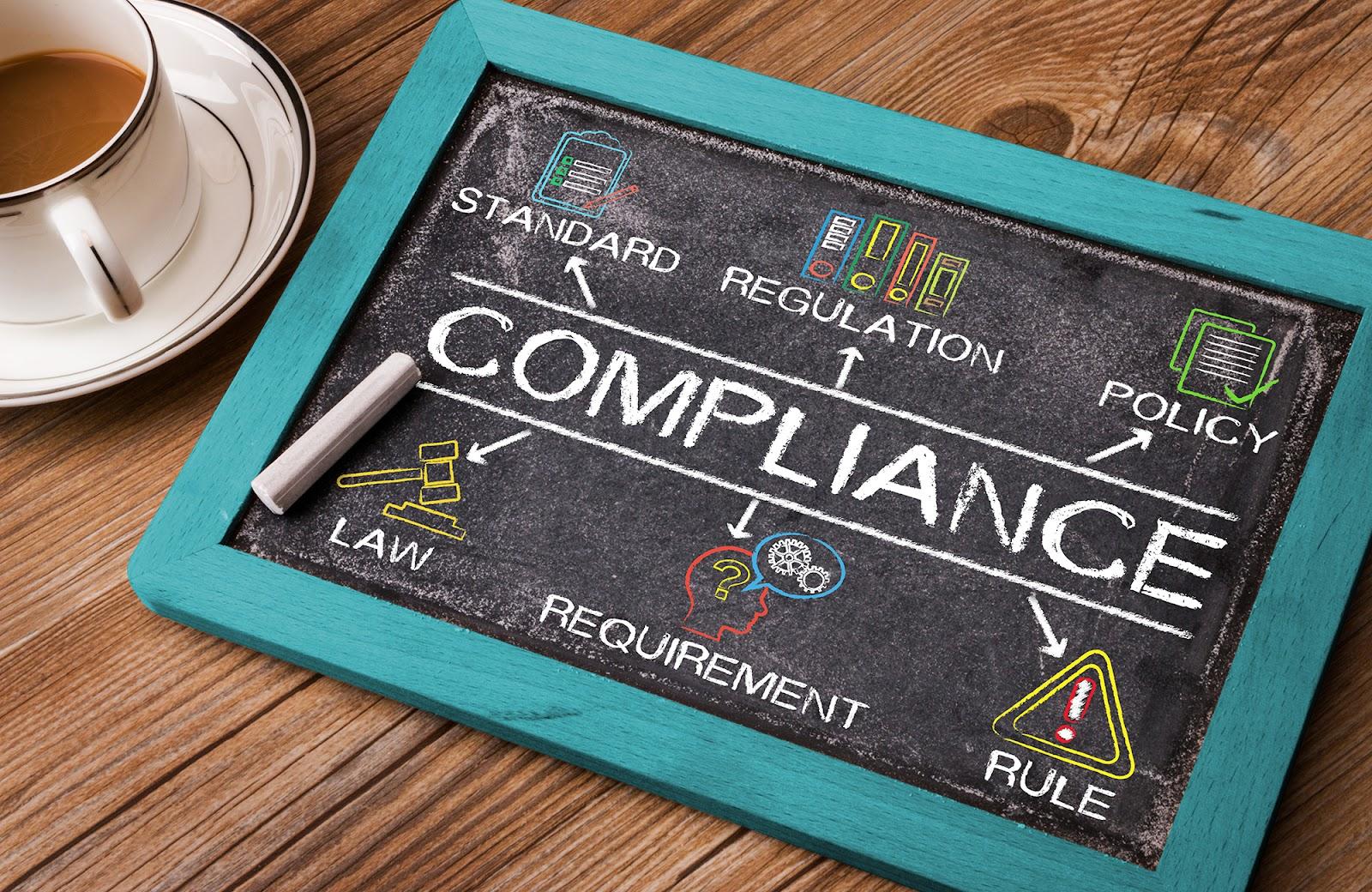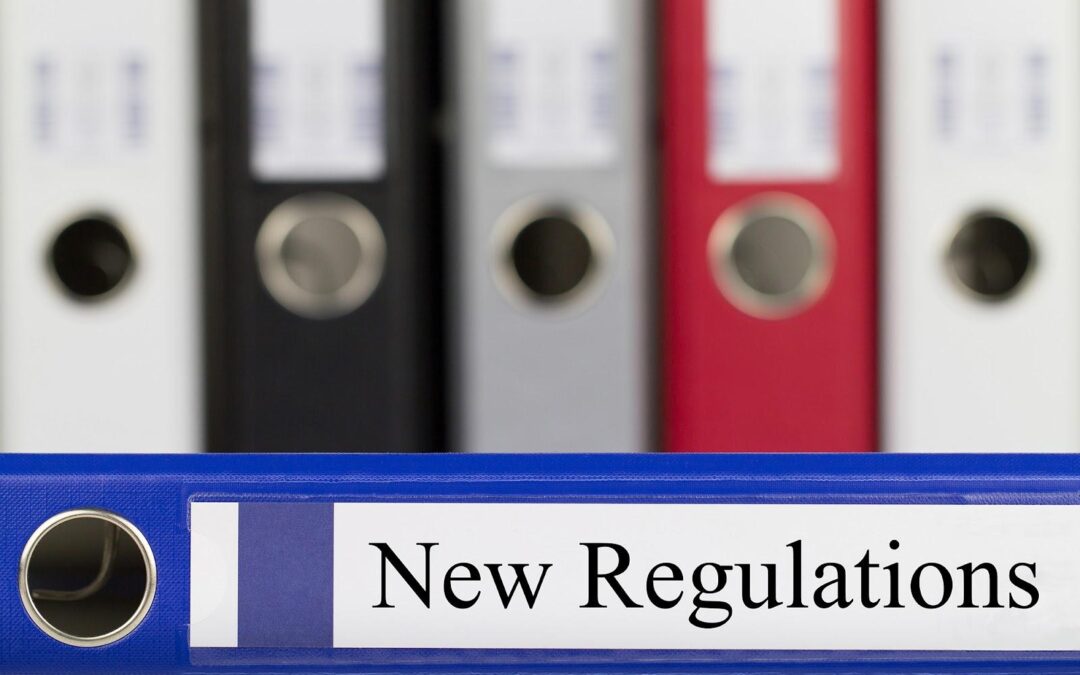
The newly effective Corporate Transparency Act is a federal law that aims to enhance U.S. national security. It has several reporting requirements, which apply to a wide range of organizations operating in the United States.
What Is the Corporate Transparency Act 2024?
In 2021, the U.S. Congress enacted the Corporate Transparency Act (CTA) as part of the National Defense Authorization Act. The CTA, under Title LXIV, was set in motion to fight illicit activity, including money laundering, tax fraud, and financing for terrorism. With the new legislation, companies that meet certain criteria must file a Beneficial Ownership Information (BOI) Report with the U.S. Department of Treasury’s Financial Crimes Enforcement Network (FinCEN).
The FinCEN Corporate Transparency Act went into effect on January 1, 2024.
The Importance of the Federal Corporate Transparency Act
With the BOI reporting requirements in place, FinCEN and other agencies can protect U.S. national security and the financial system by providing identifying information to agencies working in national security, intelligence, and law enforcement. State, local, and Tribal officials, as well as certain financial institutions, will also have access to the reported information.
By collecting Beneficial Ownership Information, the U.S. government can help prevent fraudsters, drug traffickers, corrupt individuals, and other criminals from performing illicit activities. Such activities include money laundering and hiding assets within the United States.
Criminals typically use corporate structures like shell and front companies to conceal their identities, which helps them illegally move money through the United States. Such actions not only jeopardize national security but also pose a risk to economic prosperity as it gives rulebreakers an unfair edge. The CTA will make it harder for criminals to take advantage of these corporate structures.
Does the Corporate Transparency Act Apply to Nonprofits?
The Corporate Transparency Act and its reporting requirements apply to two types of companies:
- Domestic Companies. The CTA applies to domestic companies such as corporations, LLCs, or any entity created by filing a document with a Secretary of State or similar office under state laws or Indian tribe laws in the United States.
- Foreign Companies. The CTA also applies to foreign companies such as corporations, LLCs, or any entity created under a foreign country’s law that is registered to operate in any state or tribal jurisdiction by filing a document with a Secretary of State or similar office.
There are 23 types of entities that receive an exemption from the CTA’s reporting requirements. These include governmental authorities, insurance companies, accounting firms, and tax-exempt entities. The exemptions do not specifically include nonprofit organizations.
That said, nonprofit organizations that are classified as Section 501(c) organizations by the Internal Revenue Service can fall under the tax-exempt entity exemption.
Corporate Transparency Act Penalties
The Corporate Transparency Act requires reporting companies to file a BOI report within a certain timeframe. Willful violation of the BOI reporting requirements can incur penalties of up to $500 daily. This amount is adjusted annually for inflation. As of writing, the adjusted amount is $591. Furthermore, willful violation of the BOI reporting requirements may also result in up to two years imprisonment and a fine of up to $10,000.
Potential violations include the following:
- Willful failure to file a BOI report
- Willful filing of false BOI
- Willful failure to correct or update a prior reported BOI
What Is Beneficial Ownership Information?
Beneficial Ownership Information identifies the persons who are directly or indirectly in control or ownership of a company. A BOI report has three main parts: company information, beneficial owner/s information, and company applicant/s information.
Beneficial Ownership Information is part of the Corporate Transparency Act reporting requirements. Reporting companies must file the information with FinCEN.
Company Information
The following information about the reporting company must be provided in the report:
- Its legal name;
- Any trade names, “doing business as” (d/b/a), or “trading as” (t/a) names;
- The current street address of its principal place of business if that address is in the United States;
- Its jurisdiction of formation or registration; and
- Its Taxpayer Identification Number (TIN).
Beneficial Owner/s Information

The following information about the reporting company’s beneficial owner/s must be provided in the report:
- The individual’s name;
- Date of birth;
- Residential address; and
- An identifying number from an acceptable identification document such as a passport or U.S. driver’s license, and the name of the issuing state or jurisdiction of identification document (including an image of the identification document used to obtain the identifying number).
It is worth noting that a reporting company must provide the above information about each beneficial owner.
Company Applicant/s Information
The following information about the reporting company’s company applicant/s must be provided in the report:
- The individual’s name;
- Date of birth;
- Address; and
- An identifying number from an acceptable identification document such as a passport or U.S. driver’s license, and the name of the issuing state or jurisdiction of identification document (including an image of the identification document used to obtain the identifying number).
As with beneficial owners, a reporting company must provide the above information about each company applicant.
When Is the Deadline for Complying With the CTA?
The deadline for filing an initial BOI report is January 1, 2025, for reporting companies created or registered before January 1, 2024.
For reporting companies created or registered after January 1, 2024, but before January 1, 2025, will have to file their initial BOI report within 90 calendar days of receiving actual or public notice of the creation or registration of their company.
Meanwhile, reporting companies created or registered after January 1, 2025, will have to file their initial BOI report within 30 calendar days of receiving actual or public notice of their creation or registration.
Do Homeowners Associations Have to File a BOI Report?
Whether or not an HOA is subject to the FinCEN beneficial ownership reporting requirements depends on its corporate structure and tax-exempt status. If the HOA fits the criteria of a domestic company – created or registered by filing a document with a Secretary of State or similar office – then it must file a BOI report. However, if the HOA is a tax-exempt entity under Section 501(c)(3), then it may be one of the 23 types of BOI-exempted entities.
File With Ease
Compliance with the Corporate Transparency Act is mandatory for reporting companies that meet certain criteria. Failure to comply with these requirements can result in significant fines and penalties.
For HOAs, the answer to the CTA requirements rests with HOAfiling.com. Through our online platform, your association can file and update the report on-time and with accuracy.



